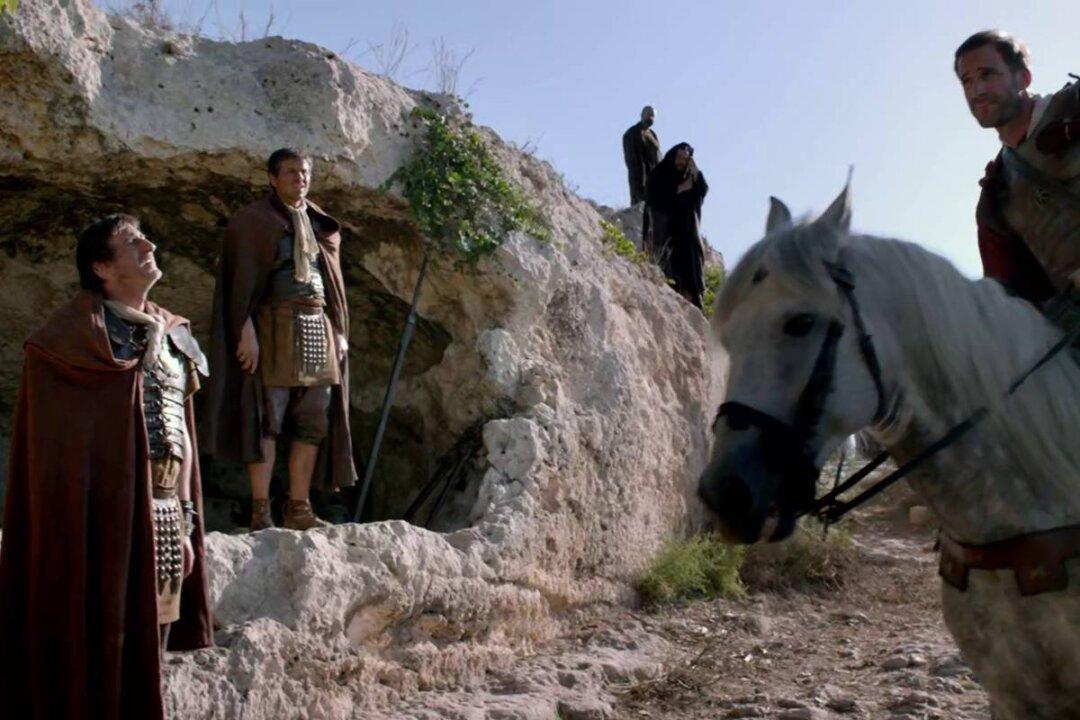PG-13 | 1h 47m | Drama, Mystery, Action, Historical Fiction | Feb. 19, 2016
There are claims in TV spots and trailers that “Risen” is the best movie about Jesus Christ since “The Passion of the Christ.” This is a bold statement that is, for the most part, accurate. Since the release of “The Passion” two decades ago, corporate and independent studios via both the large and small screen jumped on the Christian cinematic bandwagon—a genre that, in actuality, has been around since movies began and has never been fully dormant.






